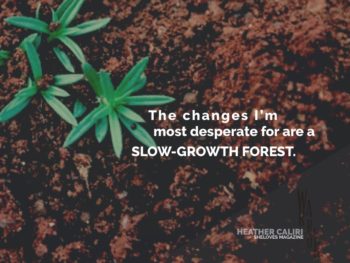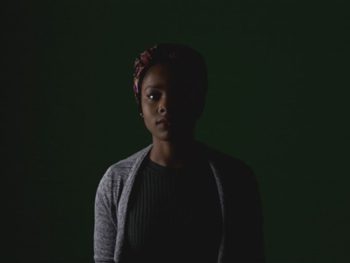For twenty years after I graduated, I told people I’d had a good experience in my high school youth group. It was my first church experience, I’d formed my first faith community there, played an active role in leadership, met friends I still have connections to, and learned how to live out my faith.
Then, in a less confident voice, I’d share the bad part of youth group, the tremendous, shimmering asterisk: my youth pastor, M. He’d sexually assaulted J, my best friend, throughout three of those four years.
I wasn’t trying to lie about the good things. They were lovely. But just as a feast can be ruined by a bitter aftertaste, the abuse chilled the past. I felt guilty for my good memories, apologetic that I hadn’t been more affected by the sickness at the center. Still, it was good overall, wasn’t it?
And then, three years ago, writing about my high school experience for the first time, I realized I hadn’t been fully honest with myself.
I had not bypassed the abuse. I didn’t bear the brunt of M’s crime, but that did not mean I had not been a victim. Painful as it was, I also saw that my happy-go-lucky recollections had been a cover for a lot of pain, grief, and bitterness that still affected my faith every day.
I thought you’d know if you’d been abused. I thought it would be clear. I half-thought those who said #metoo or #yesallwomen had certificates proving their authenticity.
I did not realize that facing abuse means questioning everything, even your best memories. And I did not know that abuse, rather than being clear-cut, is murky, confusing, and insidious. I didn’t know that happy-go-lucky thoughts would not bring wholeness.
Here’s what I learned from my own #metoo moment…
I was at iBelieve sharing about what I learned from the abuse in my high school youth group. Join me there to read more.














 3 Surprising Ways to Stop Digital Distraction: For iBelieve
3 Surprising Ways to Stop Digital Distraction: For iBelieve